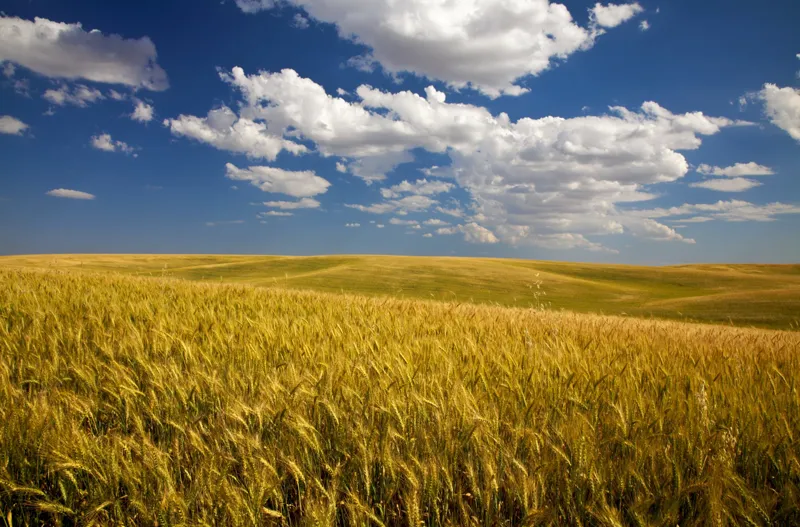Case Study: Soil Health in Dryland Wheat Production
Dec, 2024Biochar raised soil pH and increased crop yield by nearly 30%.
An ongoing study done by OSU looks at the effect of biochar application on a summerfallow cropping system, common to Washington and Oregon. This region receives low annual rainfall, and farmers see high soil acidification and low soil organic matter. Alternating crops and fallow years is routine, to accumulate soil moisture and keep higher yields without irrigation. This decreases the amount of crop residue going into the soil and along with tillage continue the cycle of low SOC and high acidification. Biochar was applied to these soils to determine if higher carbon levels could improve soil health.
Results:
In each biochar plot, soil carbon and pH increased. Wheat and pea crops saw an increased yield with biochar applications up to 10 tons/acre. Pea plants in biochar plots were observed to be healthier, bigger, and greener, while only yield was affected in wheat plots.
Source: Light, S. (n.d.)


